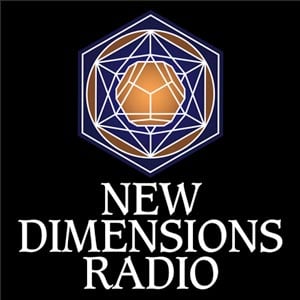Attorney Stewart Levine loved the legal profession because of the ideals it represented. But when he realized the practice of law rarely allowed him to consider human values along with property values, he took down his shingle and became an expert in resolving conflicts in a way that preserves relationships as well as legal rights. He points out that the costs of remaining in conflict are high. They consist of direct money out-of-pocket, loss of opportunity and continuity, not to mention the emotional costs. He has developed a 7-step resolution model and often refers to those who implement it as resolutionaries. He explains, “Conflict is never about what’s being argued about on the surface . . . It’s always about some emotional hook between two people . . . The container I create in the context of conflict is a safe space, in which we will talk about the situation without judgment, without the need to be right or wrong, but only the need to move through it on our way to some vision of what we want the future to be.” (hosted by Justine Willis Toms)
Bio
Stewart Levine is the founder of ResolutionWorks, a consulting service dedicated to conflict resolution for businesses and individuals. His clients include NASA, American Express, Oracle, General Motors, and the University of San Francisco.
Stewart Levine is the author of:
- Getting to Resolution: Turning Conflict into Collaboration (2nd edition, revised & expanded, Berrett-Koehler 2009).
To learn more about the work of Stewart Levine go to www.ResolutionWorks.com.
Topics explored in this dialogue include:
- Why an adversarial mindset is inherent in our culture
- What ten principles you can apply to resolve any conflict
- Why conflicts are never about what they seem to be about
- What questions you can ask yourself to help you release the emotion of conflict
- What is the one most important thing you can do to prevent conflicts
Host: Justine Willis Toms Interview Date: 1/5/2010 Program Number: 3335





